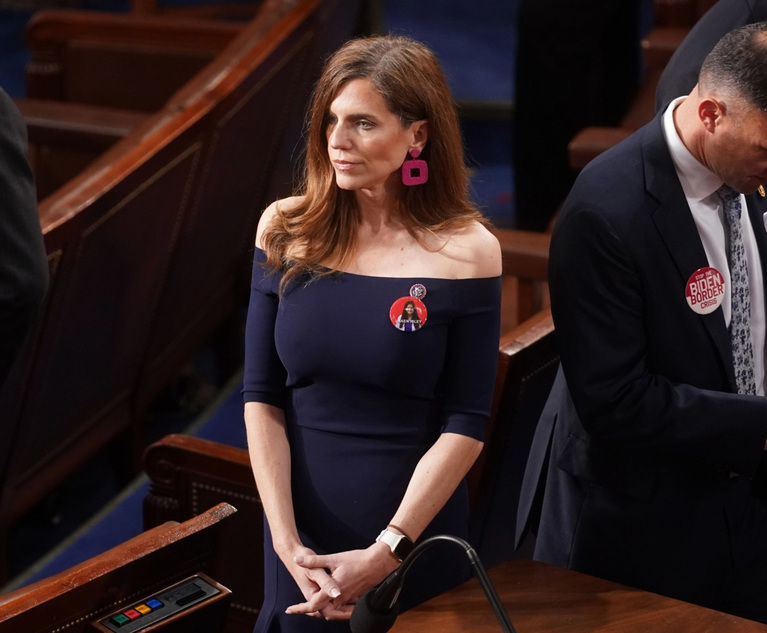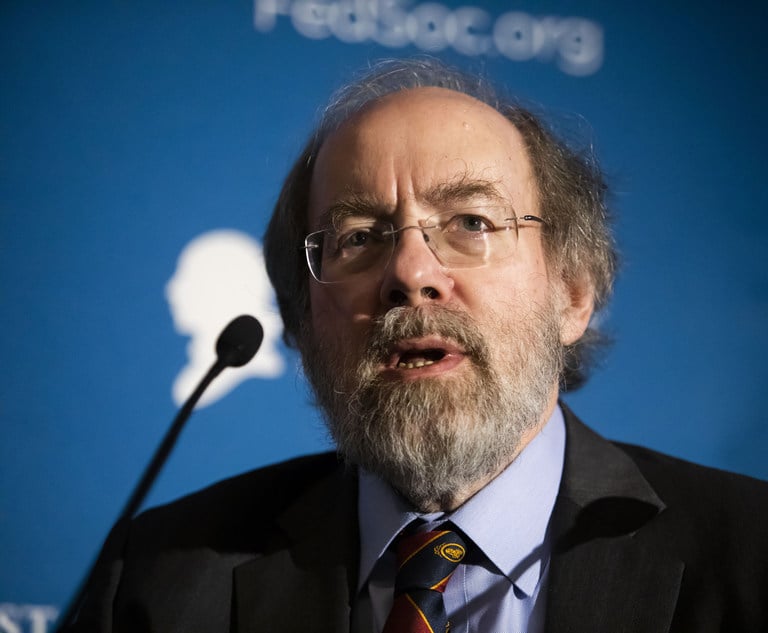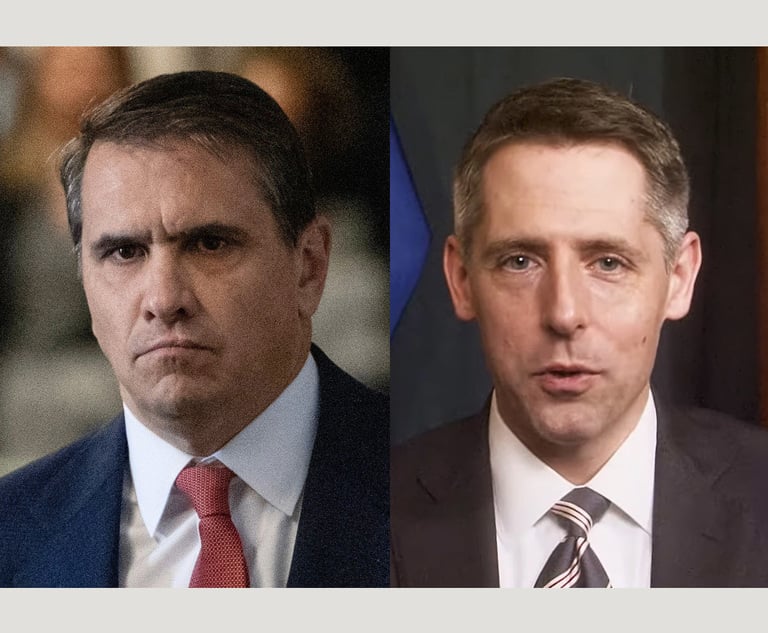Retired Justice Anthony Kennedy said in interview posted Wednesday that he chose to keep his retirement plans secret and set to a certain date, rather than making it contingent on confirmation of a successor, in order to keep the U.S. Senate’s focus on a nominee’s qualifications.
A retirement contingent on the confirmation of a successor was “not a good idea because the confirming authority knows there’s no urgency,” Kennedy told David Rubenstein, the financier and philanthropist, in a recent interview at the University of Virginia School of Law.


 Justice Anthony Kennedy, testifying in 2007 about the Supreme Court’s budget. (Photo by Diego M. Radzinschi / ALM)
Justice Anthony Kennedy, testifying in 2007 about the Supreme Court’s budget. (Photo by Diego M. Radzinschi / ALM)






